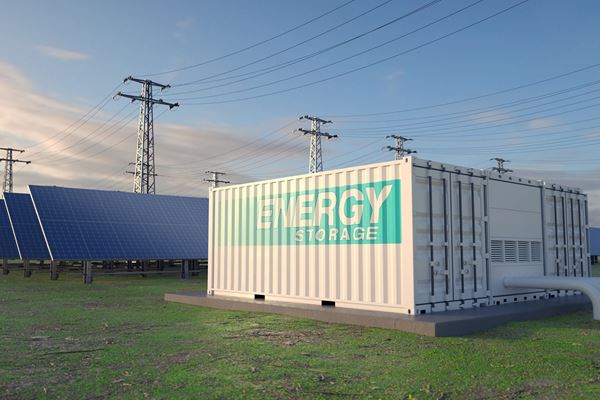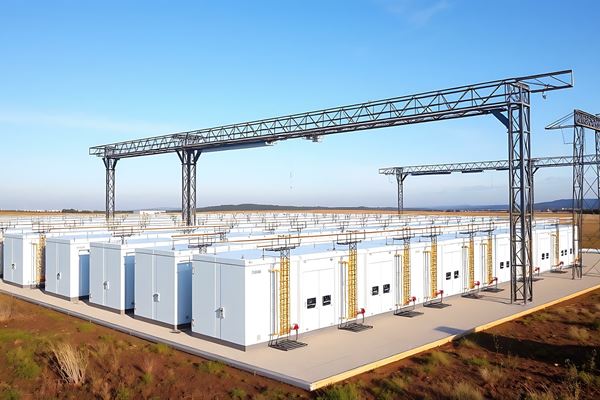Understanding Segments and Mitigating Risks in the Petrochemical Industry

The petrochemical industry, integral to the global economy, involves the exploration, production, transportation, and refining of oil and gas, along with the manufacturing of petrochemicals. Businesses in this sector must navigate its complexities to effectively manage risks and handle insurance claims. This blog explores the key segments of the petrochemical industry, the types of claims typically encountered, and the critical role of thorough investigation processes in mitigating risks.
The Importance of Risk Management in the Petrochemical Sector
Managing risks and minimising the impact of incidents are vital for maintaining operational efficiency and financial stability in the petrochemical industry. High staff turnover and shift work can hinder communication and coordination efforts. Additionally, the sector faces substantial claims, lawsuits, compensation payouts, government fines, and potential loss of contracts due to accidents. These challenges highlight the necessity for robust risk management practices and detailed investigations to identify the root causes of incidents and prevent their recurrence.
Segments and Risks in the Petrochemical Industry
The petrochemical industry is divided into three main segments: upstream, midstream, and downstream.
Upstream activities involve the exploration, recovery, and production of hydrocarbon-based energy resources, both onshore and offshore. These activities carry risks such as well blowouts, oil spills, fires, explosions, and turbine failures.
Midstream activities include the transportation, storage, and distribution of crude or refined petroleum products. Risks in this segment include vessel collisions, pipeline corrosion, insulation issues, leaks, pump failures, and vehicle accidents.
Downstream activities cover oil refineries and petrochemical plants, which face risks like fires, explosions, storm damage, control room fires, and water contamination.
Petrochemical Products and Equipment Vulnerabilities
Petrochemicals, derived from petroleum and natural gas, are used by various industries to manufacture products such as plastics, adhesives, carpeting, fertilisers, rubbers, and paints. The production process involves refining crude oil to create naphtha and associated gases, which are then processed into basic feedstocks like olefins and aromatics. Natural gas is primarily used as a feedstock for producing ammonia (for fertilisers) and methanol, which are key building blocks for a wide range of petrochemicals. It also serves as a fuel source for the energy-intensive processes within petrochemical plants. These feedstocks are further processed into intermediates and final products. The equipment in petrochemical plants, such as cracking units, catalytic reactors, pumps, compressors, heat exchangers, storage tanks, and piping, is prone to various types of failures, leading to insurance claims.
The Role of Distributed Control Systems (DCS)
Distributed control systems (DCS) are essential for the operation and maintenance of petrochemical plants. These computerised control systems manage and automate complex processes, providing real-time monitoring and control. DCS systems enhance safety by preventing accidents through continuous monitoring and automatic corrective actions. They also improve plant efficiency by optimising process performance.
The reliability of DCS systems ensures that even if one part fails, the rest of the system can continue to operate. The human-machine interface (HMI) allows operators to interact with the DCS system, providing a real-time overview of the plant's operations. Logs and trend graphs captured by DCS systems are crucial for detecting process changes and preventing problems before they occur.
Petrochemical Industry Claims and Investigations
Claims in the petrochemical industry often involve fires, explosions, equipment failures, corrosion, storm damage, mechanical vibration damage, and chemical spills. Fires and explosions may result from vapour cloud explosions, boiling liquid expanding vapour explosions, flash fires, and process fires.
Equipment failures can occur in pumps, compressors, heat exchangers, reactors, storage tanks, and piping. Corrosion mechanisms such as uniform corrosion, pitting, and stress corrosion cracking can lead to leaks and failures. Storm damage can be caused by wind, flooding, hail, and lightning strikes. Mechanical vibration damage can lead to equipment failure, foundation damage, and piping issues. Chemical spills and releases can result in atmospheric releases of toxic gases and soil and groundwater contamination.
Key Considerations in the Investigation Process
Investigating these claims involves managing high-dollar losses, complex operating procedures, and multiple parties. Access to staff, such as eyewitnesses, operations personnel, and maintenance personnel, is crucial for a thorough investigation. Documentation like standard operating procedures, maintenance details, and incident reports is essential for understanding the cause of the claim. The complexity of petrochemical processes increases the potential for cascading failures, where one incident triggers another, amplifying the consequences of accidents.
Multidisciplinary Approach and Scientific Methodology
Claims investigations in the petrochemical industry are complex and often require multidisciplinary teams, including experts in electrical, mechanical, and chemical fields. Each claim typically has unique characteristics that necessitate tailored investigative approaches. The scientific method, developed in the 17th century, remains a universally accepted framework for conducting these investigations. This method involves identifying and defining the problem, formulating hypotheses, deriving predictions, and conducting tests to validate or refute these hypotheses. The iterative nature of this process ensures that investigators can refine their understanding and arrive at a well-supported conclusion regarding the root cause of an incident.
For example, in the case of a reactor explosion, the investigation would start by identifying the problem - an explosion in the reactor. Insurers would seek to understand the cause of the explosion and determine whether it is covered under the policy. Investigators would gather data through site inspections, interviews, laboratory analyses, and reviews of maintenance records. They would develop multiple hypotheses and systematically rule out those that do not fit the evidence. Ultimately, the investigation would pinpoint the root cause, such as a failure in preventative maintenance or a third-party contractor's error, and establish responsibility for the incident.
Challenges to Effective Investigations
Investigations can be hindered by factors such as spoilation of evidence, confidentiality concerns, and restricted access to key personnel. Urgent recovery actions taken by plants to resume production can lead to the loss of critical evidence. Confidentiality issues may prevent the sharing of proprietary information necessary for understanding process failures. Additionally, shift work and the availability of key personnel, such as eyewitnesses and maintenance staff, can complicate the investigation process. Despite these challenges, thorough investigations are essential for identifying the root causes of incidents and implementing measures to prevent recurrence.
Case Studies in Incident Investigation
Case studies illustrate the diverse nature of incidents in the petrochemical industry and the importance of detailed investigations. For instance, a tank farm fire in Singapore involved a catastrophic fire in a large petroleum storage tank. The investigation revealed that the fire was caused by a lightning strike that ignited vapors built up under the tank's dome roof. Another case study involved heat exchangers at a petrochemical plant, where new heat exchangers suffered leaks during commissioning due to manufacturing defects. These examples highlight the need for comprehensive investigations to uncover the underlying causes of incidents and ensure that corrective actions are taken.
Enhancing Resilience Through Risk Management
The petrochemical industry faces significant risks and challenges, necessitating meticulous investigations and effective risk management strategies. Understanding the industry's various segments, common types of claims, and the importance of distributed control systems is crucial for businesses in this sector. High staff turnover, shift work, and the complexity of claims require a multidisciplinary approach to investigations, employing the scientific method to identify and address root causes.
Despite obstacles such as evidence spoilation and confidentiality concerns, thorough investigations are vital for preventing future incidents and maintaining operational integrity. By learning from case studies and implementing robust preventative measures, businesses can enhance safety, reduce financial losses, and ensure the smooth operation of their petrochemical plants, building resilience against potential disruptions.
Connect With Petrochemical Engineering Experts Today
Envista's energy experts and engineers have decades of experience in all facets of both midstream and downstream facilities, such as pipelines, terminals, refineries, petrochemical plants, and gas processing plants.
With specialists in corrosion, process engineering, mechanical and electrical systems, and petro-economics, Envista Forensics will deliver complete technical opinions on the cause and scope of damage and provide solutions for petrochemical and chemical process failure events.
We have consulted for some of the largest producers and insurance carriers in the world and have collaborated with most international service companies. Our collective experience working in these facilities in the United States, Canada, Latin America, Russia, Asia-Pacific, the Middle East, and Europe gives us in-depth knowledge of local conditions and an incredible network of contacts for potential mitigation options and repair or replacement services.
Contact us today to schedule an appointment with our petrochemical consultants.
Our experts are ready to help.




